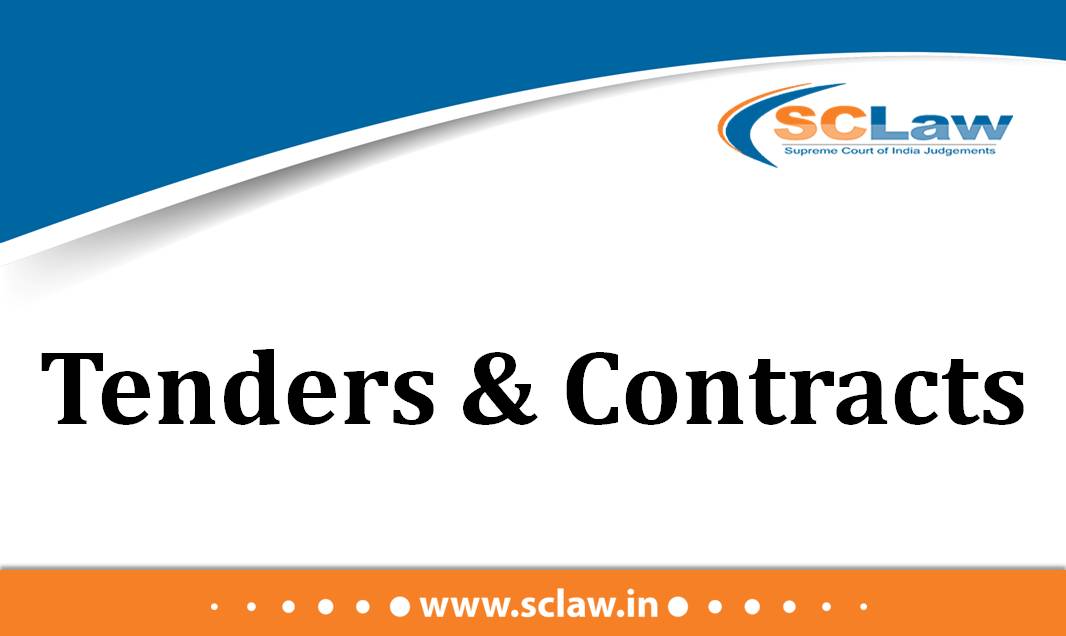Airport Economic Regulatory Authority of India Act 2008 — Sections 3 and 31 — The Airports Economic Regulatory Authority (AERA) challenged judgments of the Telecom Disputes Settlement and Appellate Tribunal (TDSAT) regarding tariff determination for aeronautical services — Whether AERA, a quasi-judicial body, can file an appeal against TDSAT’s judgment — AERA argued that it has the right to appeal under Section 31 of the AERA Act — The respondents contended that AERA, being a quasi-judicial body, cannot appeal against TDSAT’s decisions — The Supreme Court examined the maintainability of AERA’s appeals and the nature of its functions — The court analyzed whether tariff determination is an adjudicatory function and the role of quasi-judicial bodies in appeals — The court discussed the principles of natural justice, the distinction between quasi-judicial and regulatory functions, and relevant case law — The judgment clarified the scope of AERA’s powers and the legal framework governing its appeals.
2024 INSC 791 SUPREME COURT OF INDIA FULL BENCH AIRPORTS ECONOMIC REGULATORY AUTHORITY OF INDIA — Appellant Vs. DELHI INTERNATIONAL AIRPORT LTD. AND OTHERS — Respondent ( Before : Dr…









